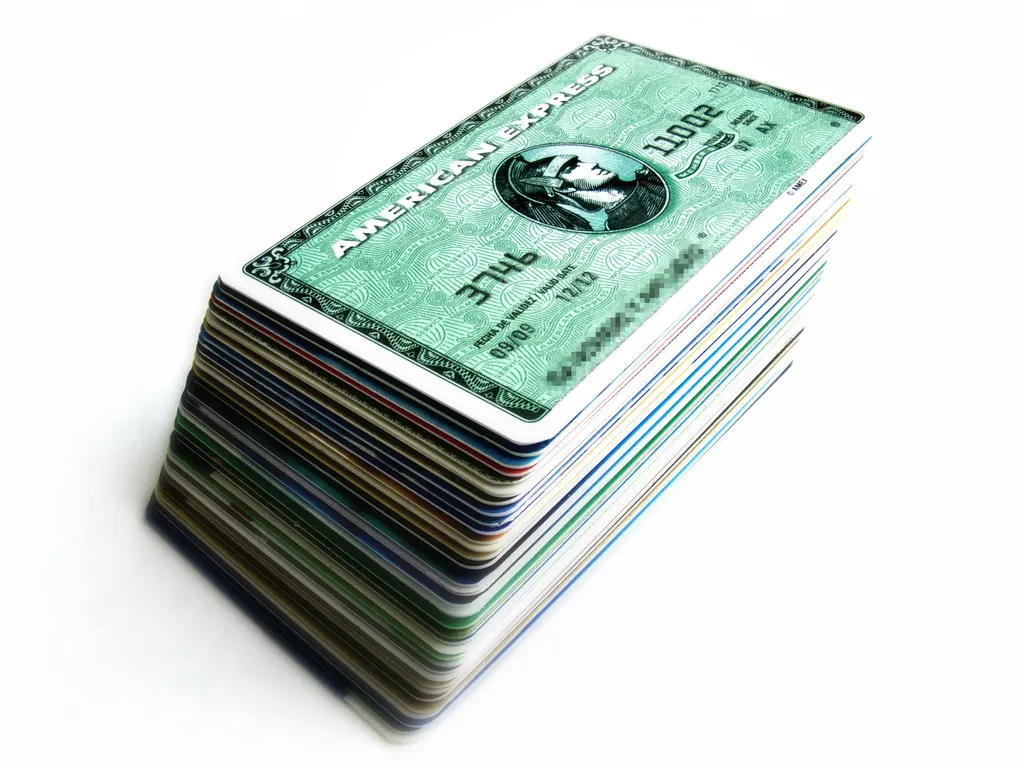Is There a Magic Number of Credit Cards for a Perfect Credit Score?
When it comes to building and maintaining a strong credit score, it's easy to get caught up in the "how many?" game. Should you have one card? Five? Ten? The truth is, there's no single magic number that guarantees an 850, but understanding how credit cards affect your score can help you find your personal "sweet spot."
The Factors That Matter More Than Quantity
Before we talk about the number of cards, let's break down what truly influences your score. The most widely used scoring models, like FICO, weigh these factors heavily:
• Payment History (35%): This is the single most important factor. Are you paying your bills on time, every time? A single 30-day late payment can have a significant negative impact.
• Credit Utilization (30%): This is the percentage of your total available credit that you're currently using. For example, if your total credit limit is $10,000 and you have a balance of $1,000, your utilization is 10%. Experts recommend keeping this number below 30%, and those with the highest scores often keep it in the single digits. This is where multiple cards can really help.
• Length of Credit History (15%): The longer your accounts have been open and in good standing, the better. This is why it's generally a bad idea to close your oldest credit cards, even if you don't use them often.
• New Credit (10%): This factor considers how many new accounts you've opened recently. Applying for a new card triggers a "hard inquiry" on your credit report, which can cause a small, temporary dip in your score. Too many inquiries in a short period can signal to lenders that you're a higher risk.
• Credit Mix (10%): Lenders like to see a variety of credit accounts, such as revolving credit (credit cards) and instalment loans (mortgages, car loans).
So, What's the "Optimal" Number for Most People?
While there's no universal answer, most financial experts suggest that having two to four credit cards is a solid strategy for a healthy credit score.
Here's why this number often works best:
- Lower Credit Utilization: This is the biggest advantage. With multiple cards, you have a higher total credit limit. By spreading your spending across several cards, you can keep your credit utilization ratio low, which has a significant positive effect on your score. For example, a single card with a $5,000 limit and a $2,000 balance has a 40% utilization. But if you add a second card with another $5,000 limit, your total available credit is now $10,000, and that same $2,000 balance is only a 20% utilization.
- Backup and Rewards: Having more than one card gives you a backup if one is lost or compromised. It also allows you to diversify your rewards, using one for groceries, another for gas, and a third for travel, maximizing your cash back or points.
- Demonstrates Responsible Management: Successfully managing multiple accounts shows lenders that you are a responsible and experienced borrower. It builds a more robust payment history over time.
The Risks of Having Too Many Cards
On the flip side, having too many credit cards can be a problem, especially if you're not disciplined.
• Increased Risk of Overspending: More available credit can be a temptation to spend beyond your means.
• Difficulty with Management: Juggling multiple due dates, balances, and payment portals can be overwhelming, increasing the risk of a missed payment, which is a major hit to your score.
• Lower Average Age of Accounts: Each new card you open lowers the average age of your accounts, which can negatively affect your score, especially if your credit history is short.
The Bottom Line
You don't need a wallet stuffed with plastic to have an excellent credit score. The key is how you use your credit, not how many cards you have. For most people, a few responsibly managed cards are better than one, as they can help you optimize your credit utilization and demonstrate a strong payment history.
Instead of focusing on a specific number, focus on these habits:
• Always pay your bills on time.
• Keep your balances low.
• Avoid opening too many new accounts in a short period.By focusing on these core principles, you'll be well on your way to building and maintaining a stellar credit score, no matter how many cards you carry.



